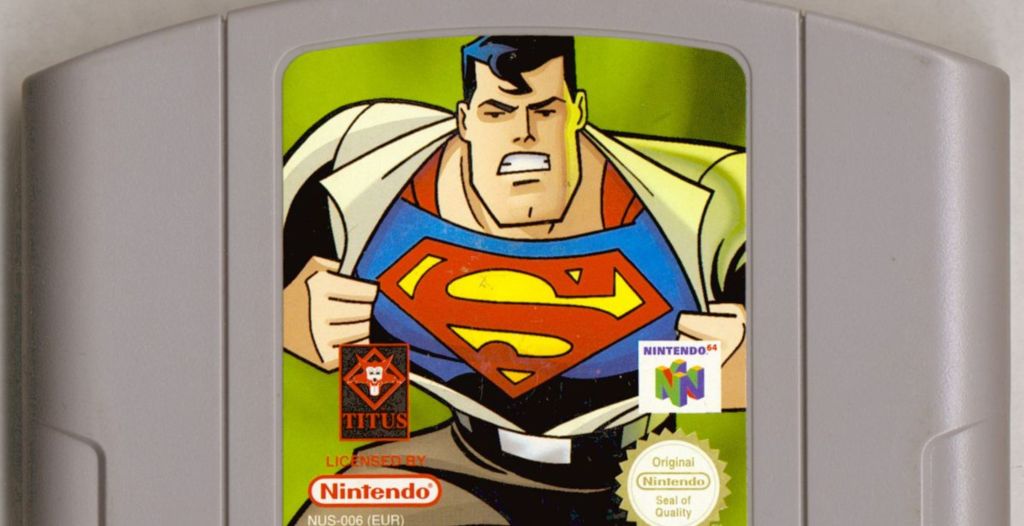Paul Feig first made his name as the creator of Freaks and Geeks, the hilarious yet poignant high school series that launched the careers of successful male comedians like Jason Segel and Seth Rogen. But over the past five years, he’s become known as a champion of female comics. The director of Bridesmaids, The Heat, Spy, and 2016’s Ghostbusters reboot has made it a point of putting women who spent years on the sidelines into big-deal roles; he’s also shown zero tolerance for racist, misogynistic attacks on the actresses he works with. It shouldn’t be out of the ordinary that a male director might choose to do this, but here we are.
Most recently, Feig contributed to the newly released book On Story: Screenwriters and Filmmakers on Their Iconic Films, published this month in conjunction with the Austin Film Festival. Broadly spoke to Feig about some of the points he makes in On Story, Internet trolls, and the past and present state of women in comedy.
Videos by VICE
Read more: ‘Bad Moms’ Is What Happens When Men Attempt to Make a Feminist Movie
BROADLY: In the book, you say you’re drawn to heroes that are underdogs, and that you have a hard time with superheroes because they seem so invincible. Superhero movies are obviously really big right now. Do you think they’re dominating the movie scene at the expense of other types of “heroes”?
Paul Feig: Well, [superhero movies are] what a lot of people in the public really want, but at the same time we also want to provide people with stuff they didn’t realize they wanted to see. Tell the stories that they haven’t heard, show them characters they haven’t seen before, and really answer the question for them of Why should I care about this story? What’s different about this story, and why should I tell my friends about it?
While there’s no reason people should stop making superhero movies—clearly there’s a giant audience for them—you want to make sure you get a balance of storytelling for everybody: for people who aren’t as big on superhero movies, and for people who are into superhero movies and then go, “Oh God, I never thought I would like this movie!” That’s the exciting thing about storytelling in movies—we get to shine the spotlight on characters and stories that people don’t necessarily know they want to see. When you make the audience think about something they hadn’t thought of before, that’s what’s exciting.

“Bridesmaids.” Screengrab via YouTube
You also touch on villains and how you ultimately think, to quote George Bernard Shaw, “All men mean well.” The villain in Ghostbusters is a kind of riff on the internet trolls who boycotted the movie. What do you think was that villain’s motive? And what motivates trolls in real life?
What I wanted to do with Ghostbusters was to not necessarily have a supernatural villain. I’m less scared of some mythical god coming down from the heavens and smiting us all than I am of what one person with a really bad agenda can do. A very human person who has a bad agenda.
As for revenge against the trolls, there’s no escaping it. From the first day I announced I was going to do [the movie], we got slammed. You didn’t want to pretend it wasn’t happening. You also didn’t want to wallow in it and give [the trolls] power. So I had written a couple [digs at them] a little more pointedly, but we really only had that one line in the labyrinth: “Ain’t no bitches gonna hunt no ghosts.” As soon as we shot that—it was like the second or third day of shooting—I was like, “You know what, that’s it. We don’t need to do anything more than that. We take our one shot—let’s just not wallow in this.”
So many male protagonists in movies—especially in comedies—are either aggressive or super nerdy. It’s all about how to get laid.
You mention that you think women’s movie roles go through phases—that there were really interesting women in films from the 30s and 40s, and female characters got a little more passive in the 80s and 90s. Can you expand on that?
In the 30s and 40s, there were just more female stars back then—there was a real parity between men and women’s roles. It was sort of the battle between men and women in a way, but they were both equal. That kind of fell away when comedy—especially comedy—became such a boys’ club. There was also the effect of the blockbuster mentality that came in during the 70s, which is when Hollywood suddenly realized, “Oh, we’re making tons of money off 15-year-old boys.”
Then I think it started to become, “Oh, let’s give 15-year-old boys the image they have of women,” which is either that they’re Barbie dolls or they’re spoilers who don’t let them have fun with their friends. You know, mom’s mean, or the girlfriend who’s a bitch, or the wife who won’t let her husband go out with his friends. There are definitely women like that, but [those roles] do not represent all the women of the world! It’s such a limited view of womankind, and it’s amazingly unfair to so many talented actresses who just don’t get to showcase themselves and play characters that make people want to see strong female characters. People wonder why there are no female movie stars but then say, “Well, men won’t go see movies about women.” And it’s like yeah, because they’re portrayed so terribly that of course nobody wants to go see them.
Do you think the roles for women are changing again? Where are we now?
It’s getting better, it’s opening up, but still if you look at the number of female protagonists in movies [compared to the number of] male protagonists in movies, it’s still really low. The ratio is off. It’s slowly starting to get better, but it’s not at the level it should be at this point in human history. It’s pretty embarrassing.

“Ghostbusters.” Screengrab via YouTube
Why do you enjoy making female-centric comedies?
I just enjoy stories about women. So many of my friends are women, and growing up, my friends were girls or super sensitive dudes like myself. So what I find is that so many male protagonists in movies—especially in comedies—are either aggressive or super nerdy, and they’re hanging with guys who are super aggressive. It’s all about how to get laid. I don’t know—as a take on the world, that’s fine, but I just don’t relate to it. It’s not how I’ve ever lived my life; it’s not the relationship to women that I’ve ever known. I’ve always been lucky enough to be around very smart, funny women of all different personalities and temperaments and different ways of making you laugh. Real people.
What do you think less female-friendly comedies are missing out on when they ignore or sideline women?
I discover so many new things when I work with women actresses, writers, and producers. I fully let everyone weigh in and have their take on the world and correct me on things that I write or fine-tune. That’s exciting, because you’re learning about people; creatively, you’re telling stories from a perspective that hasn’t been told before. Again, anything you can do to say new things, so people [say], “Oh, I never thought of it that way,” or “Oh, that’s an interesting take on the world that I haven’t seen.” That’s exciting. There’s nothing more boring than telling the same story over and over again.
For More Stories Like This, Sign Up for Our Newsletter
Besides those in your own films, what are some of your favorite comedic performances by women?
Oh gosh, so many. Barbra Streisand in What’s Up, Doc? is a masterful performance. Katharine Hepburn in Bringing Up Baby, which was the inspiration for the Barbra Streisand performance. Rosalind Russell in His Girl Friday is fantastic; Irene Dunne in The Awful Truth. Fantastic. Anything Barbara Stanwyck was ever in. The list just goes on and on. And then obviously I love all the people I work with. But my God, Jennifer Lawrence is amazing. Emma Stone. Scarlett Johansson in Lucy was a revelation. Anne Hathaway I think is fantastic. Amy Adams is killing it. Jessica Chastain. It’s really exciting. I almost hate to name people because I don’t want to leave anyone off the list.
More
From VICE
-

Screenshot: EA Sports BIG -

(Photo by John Lamb / Getty Images) -

Screenshot: Titus Interactive -

Screenshot: HoYoverse